If you read the first part of our series, Baidu SEO for newcomers, we explored…
Understanding Chinese Festivals and Holidays for Effective Marketing Campaigns
The holiday season is the best gift there could be for your brand’s marketing efforts in China. Leveraged effectively, festivals and holidays can be an opportunity to craft memorable experiences for your customers and drive sales.
Experts predict Chinese e-commerce sales will be CNY 15.2 trillion (US$ 2.2 trillion) in 2023, continuing the growth it has seen in the past few years. A big chunk of this will come from ‘Singles’ Day’, the unofficial Chinese shopping holiday on November 11 that celebrates those who are not in relationships. In 2022, it was expected to rack up US$ 140.8 billion in sales––a number that will only likely increase this year.
Most of China’s festivals and holidays do not correspond with those of the Western world. If your brand caters to a Chinese audience, your marketing calendar needs to be adjusted accordingly.
But what’s more important than when you publish is what. Festivals and holidays are a special time for people so you need to make sure you’re authentic. When you include a specific culture’s festivals in your marketing strategy, you need to be sensitive and respectful of their traditions.
You also need to be creative enough to stand out from the crowd.
Join us as we explore festivals and holidays in China and discuss marketing strategies your brand can use to make the most of them!
Why Are Festivals And Holidays Important For Your Brand’s Marketing?
Let’s first break down why holidays are so important for your content and campaign calendar.
Emotional Connections
Festivals and holidays are occasions that evoke strong emotions among people. Whether it’s the warmth of family gatherings during the Mid-Autumn Festival or the excitement of lighting firecrackers during the Chinese New Year, these events create a powerful emotional backdrop for your marketing campaigns. Brands that tap into these emotions can form deeper connections with their audience.
Increased Consumer Spending
Festivals and holidays are typically associated with increased consumer spending. Not only do a lot of occasions call for gift-giving, but festivals are also events people set aside money for. During the Lantern Festival, for instance, the sales of lanterns go up, along with the traditionally consumed Yuanxiao. On top of that, certain holidays are occasions to buy things for oneself. For example, people often buy decorations for their homes during the Chinese New Year. They also buy festive food, flowers, and new items like clothes and shoes, representing a fresh start for the new year. Savvy marketers can leverage these trends by offering relevant products and promotions.
Enhancing Brand Visibility
Well-executed marketing during a festival or holiday – including festive branding and themed campaigns – can significantly boost brand visibility. Brands that participate in these occasions stand out and are more likely to be remembered.
BMW ran a famously effective campaign during the 2021 Chinese New Year. It launched videos around the theme of ‘Bà Mā Wǒ’ – Chinese for father, mother, and me – while playing on the English spelling of BMW. The videos celebrated the themes of family and togetherness during the festival.
Now that’s a way to make a mark.
Strategies for Effective Festival and Holiday Marketing
Convinced about the need for strategic festival and holiday marketing? Let’s proceed with figuring out your execution.
Picking Your Dates
It’s important to curate your festive offerings around the values and preferences of your target audience. This requires thinking about their cultural background, beliefs, and traditions. If you sell art and craft materials, for instance, you can focus your efforts on the Qixi Festival, where girls show their artwork and handicrafts. If your target audience is families, or if you’re a travel company, then you might want to plan a campaign around the Mid-Autumn Festival.
Plan in Advance
Successful festival and holiday marketing campaigns require careful planning and preparation. If you start well in advance, you can create a comprehensive marketing strategy to help you sail through the season smoothly. You should apply this principle to the Chinese holidays and festivals you are targeting.
And remember, a good plan is not just about content creation, advertising schedules, and promotional materials––it also also about providing enough space for reiteration.
Themed Campaigns
Although the specifics of each campaign can vary dramatically, you should never forget the fundamental principles that guide these campaigns. Your theme must be consistent and recognizable. That means visual elements, branding, and messaging must align with the targeted festival or holiday and are reflected across all marketing channels, from social media to signage in brick-and-mortar stores.
Social Media Engagement
The prominence of social media in China only grows each year. The already huge number of active social media users in the country grew from 2021 to 2022 by 5.6% to reach a total of 960.4 million. It’s something you cannot afford to ignore!
You should look to adopt a mix of shareable and interactive content, including contests, giveaways, and user-generated content (UGC) campaigns. Your end goal is to create brand visibility by fostering a sense of community.
Pro tip: consider leveraging Douyin, the Chinese version of TikTok which has over 750 million daily active users. Think about showing your followers how your products solve their problems.
Discounts and Deals
Holidays are a great time for discounts and deals because consumers are ready to buy more. Holidays and festivals give you a chance to offer limited-time promotions to create a sense of urgency. Taobao, the domestic retailing website of Alibaba Group, enables sellers to issue coupons and offer discounts, helping them make the most of festival seasons.
Be Innovative & Authentic
At the end of the day, customers care if you care. The best way to do so is by engagingly telling an emotionally resonant story. You can go through successful campaigns by other brands to give you an idea of the kinds of stories you can tell.
For example, Orion, the company behind the popular Choco Pie snack, created a product with questions based on the Chinese New Year on the packaging, and humorous answers on the pie inside.
Another aspect to look out for is generative AI. Experts predict that generative AI will influence $194 billion in global holiday shopping spend in 2023. This trend includes China, where giant companies like Biadu Inc are intensifying their focus on generative AI. You can think about new and innovative ways to tell your brand story by using this remarkable technology.
How To Plan Your Festival and Holidays Marketing Campaign
Every brand is vying for attention, so you need to go beyond traditional festivities and think outside the box. If you surprise your audience with unique, authentic holiday connections, they’ll remember it forever.
Eggplant Digital is here to help you with a quicker, better way to plan your festival and holiday marketing campaigns. We provide China-specific advertising strategies to maximize your website traffic during the holidays and boost sales.
Get in touch with us today to learn more.

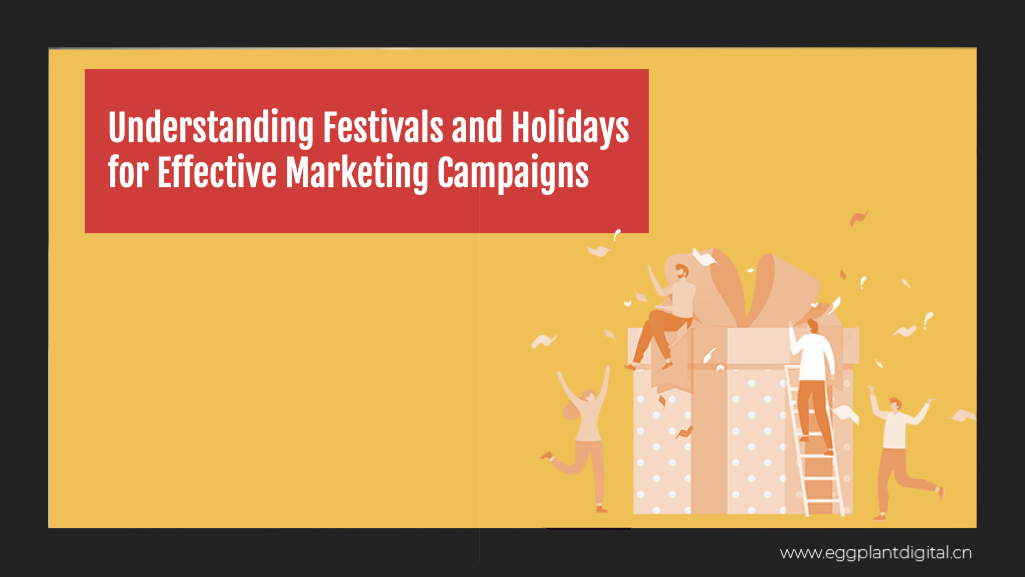
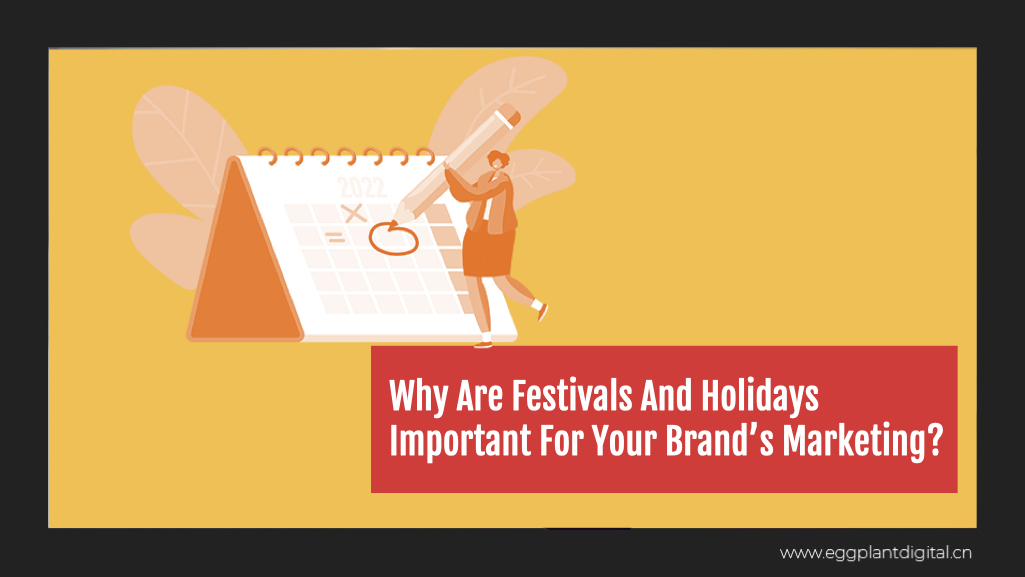
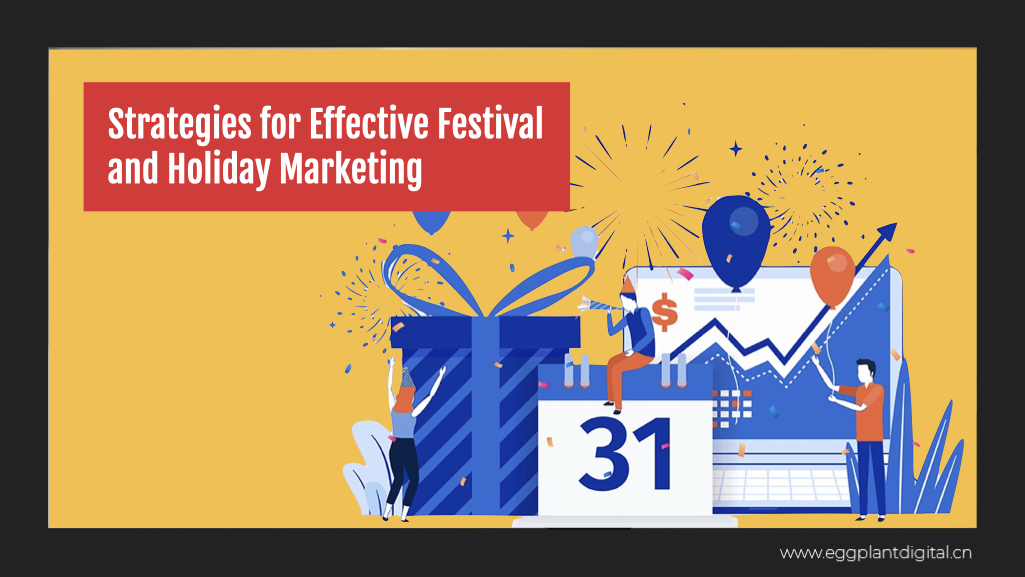

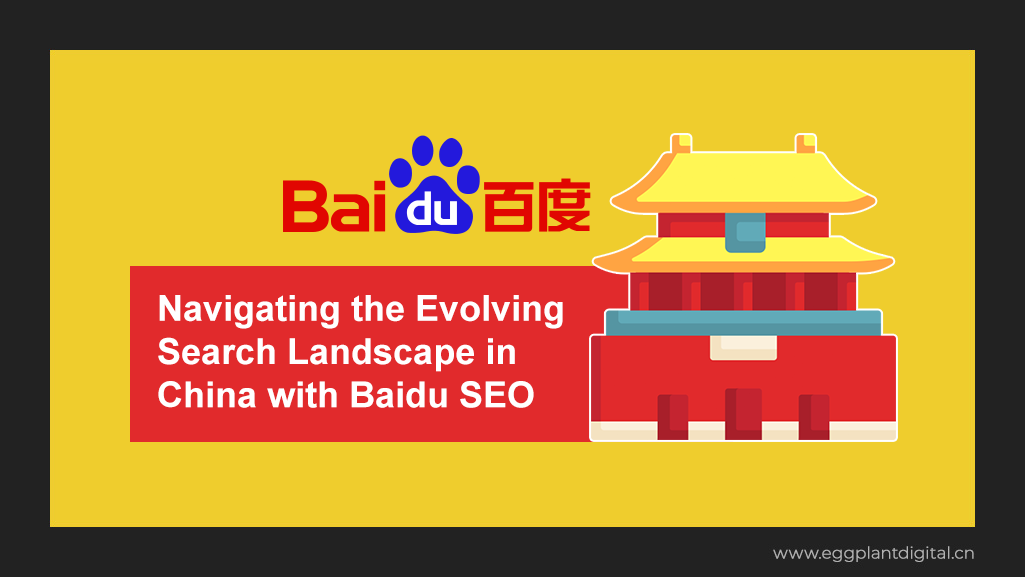
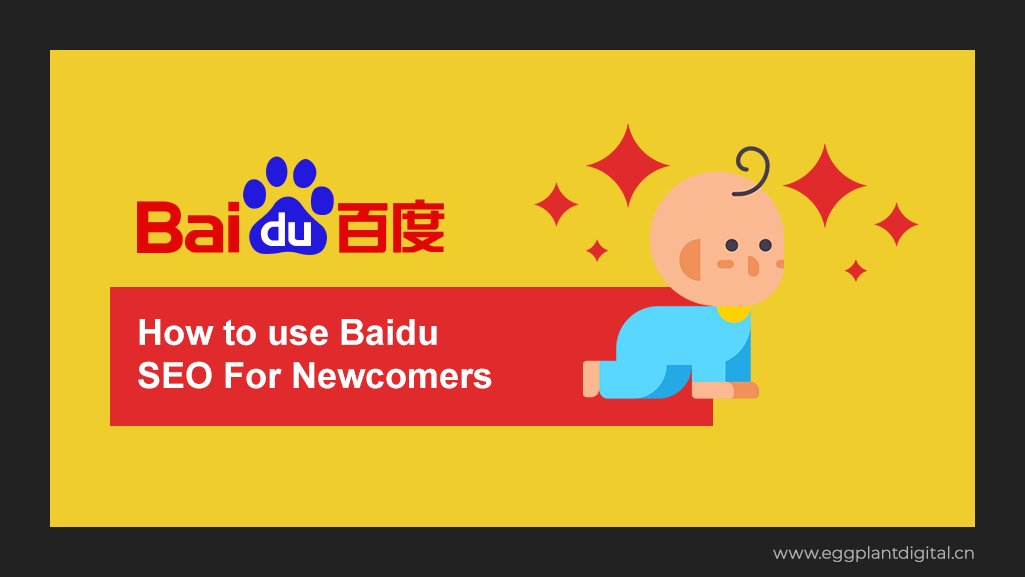
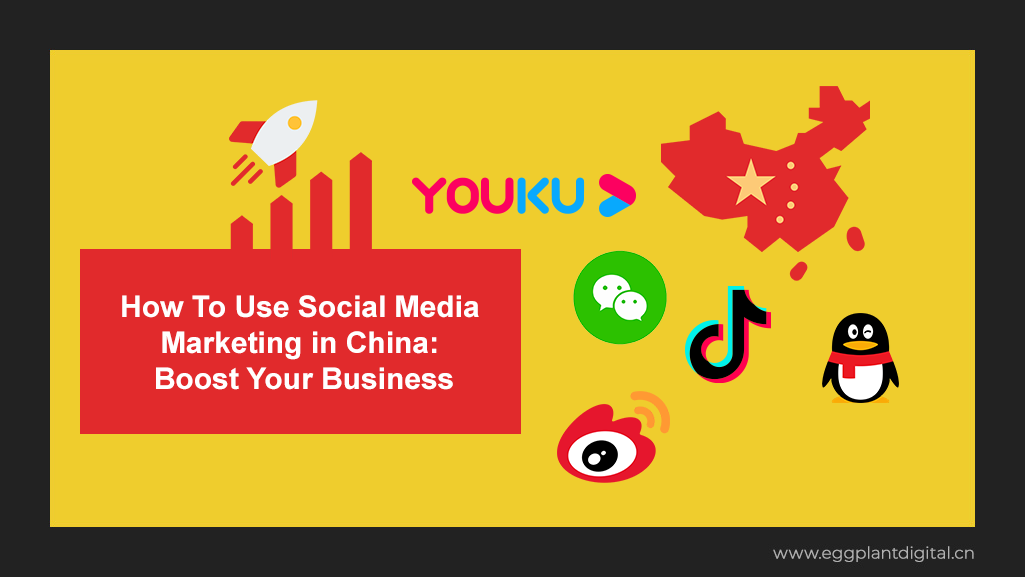
How do festivals and holidays in China contribute to emotional connections between brands and consumers, and why is it essential for brands to be authentic and respectful when incorporating cultural traditions into their marketing strategies?
Festivals and holidays in China offer brands a unique opportunity to forge emotional connections with consumers by aligning their marketing strategies with cultural traditions. This approach fosters a sense of familiarity and relevance. Being authentic and respectful in these efforts is essential to avoid cultural missteps and to genuinely engage with the audience, which can strengthen brand loyalty and trust.